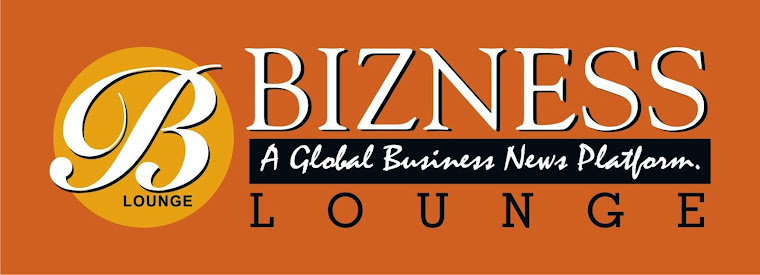
The sanctions will damp Poland’s economic growth by 0.6 percentage point in 2014,... Read More
While companies have sold record amounts of foreign-currency debt this year amid an economic recovery and inflation near all-time lows, a deterioration in the growth outlook may start to weigh on future issuance. Russian President Vladimir Putin banned food imports from the European Union in retaliation for sanctions stemming from the insurgency in Ukraine. Poland contributed $1.7 billion of shipments last year, with apples and pears making up a quarter of the total, government data show.
“The exposure to Russia and the ban of agriculture exports are straining the valuations of Polish debt,” Martin Kutny, a senior fixed-income analyst at Raiffeisen Bank International AG in Vienna, said by e-mail on Aug. 8. “The country’s safe-haven status is somewhat compromised.”
The yield on an index of Polish corporate Eurobonds rose to a three-month high of 5.01 percent last week, according to data compiled by JPMorgan Chase & Co. The securities have lagged behind debt from nations including the Czech Republic, Hungary and Mexico this month, the data show.
The sanctions will damp Poland’s economic growth by 0.6 percentage point in 2014, Deputy Prime Minister Janusz Piechocinski told newspaper Rzeczpospolita on Aug. 1. The expansion is seen at 3.6 percent this year and next, according to the central bank’s projection published in July.
Emerging Volatility
Growth probably slowed to between 3 percent and 3.3 percent last quarter from 3.4 percent in the first three months of the year, partly because of a “double-digit” contraction in exports to Russia and Ukraine, Finance Minister Mateusz Szczurek said in an interview on July 28.“The exposure of Polish companies to the east is by definition higher than Europe’s average,” Ernest Pytlarczyk, chief economist at MBank SA in Warsaw, said in e-mail on Aug. 8. “With the volatility that we are seeing on
the markets now, Poland starts again to be perceived as an emerging market, which means a higher premium for risk.”
PZU SA, the nation’s largest insurer, paid a record-low rate for a Polish company of 85 basis points over midswaps in the sale of 500 million euros ($671 million) of five-year securities in June. The yield on the note has climbed seven basis points from its low last month to 1.55 percent at 10:12 a.m. in Warsaw. The rate on February 2017 Eurobonds of Polskie Gornictwo Naftowe i Gazownictwo SA, the country’s biggest gas company, jumped 13 basis points in the past three days to a two-month high of 1.40 percent.
Russian Sanctions
“The situation with Russian sanctions and the Ukraine conflict may potentially impact prices of new bond sales or their timings,” Katarzyna Goebel, who helps arrange debt sales at BNP Paribas Corporate and Investment Banking in Warsaw, said by phone Aug. 8. “Still, with bond sales by Russian companies suspended, one might expect that investors will allocate excess capital” in central and eastern Europe, she said.Polish companies sold 3.7 billion euros of bonds in the first half, almost double the amount for all of 2013, data compiled by Bloomberg show. NFI Empik Media & Fashion SA, the country’s biggest book and music retailer, postponed the sale of six-year euro-denominated notes last week, citing “adverse changes in market conditions.”
“A lot is still coming because of the sanctions and even though it’s not yet seen strongly, it will have its impact on Poland,” Margarete Strasser, a fund manager at Pioneer Investments Austria in Vienna, said by phone on Aug. 7.

No comments:
Post a Comment